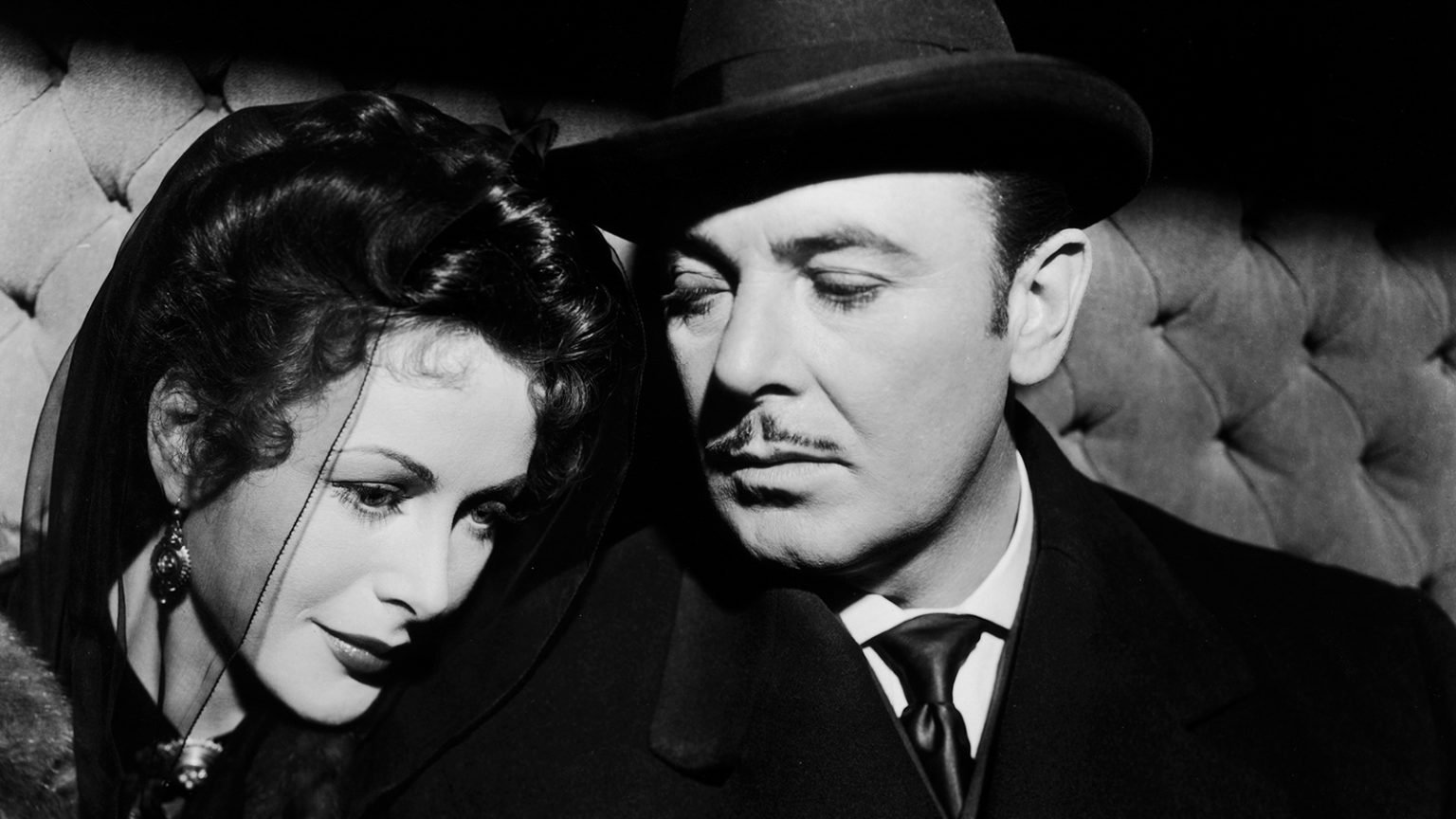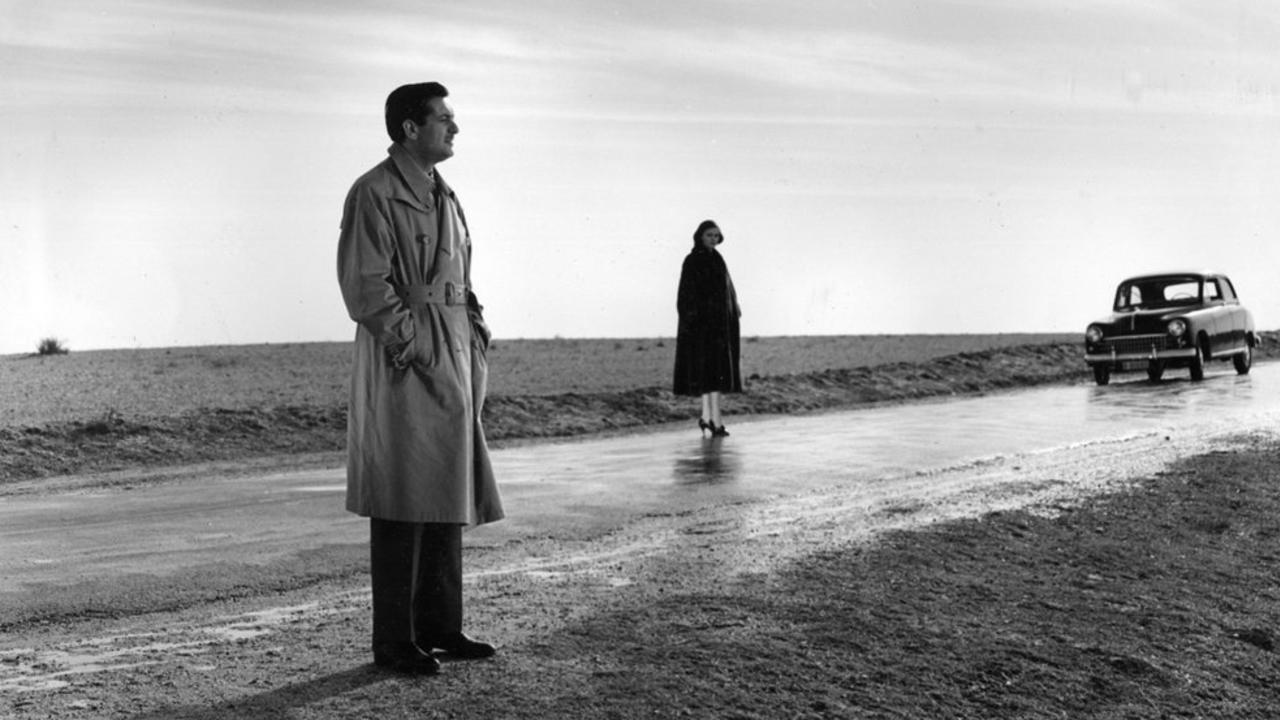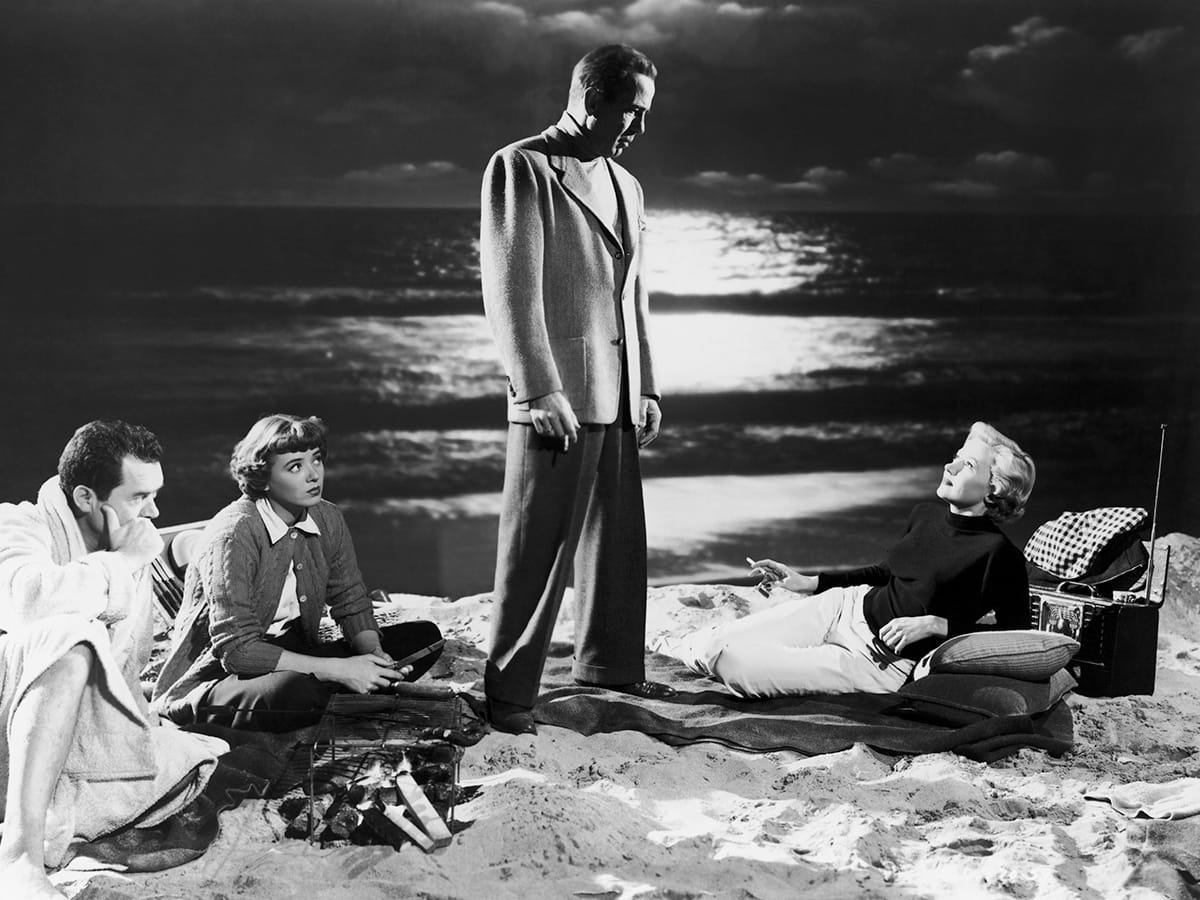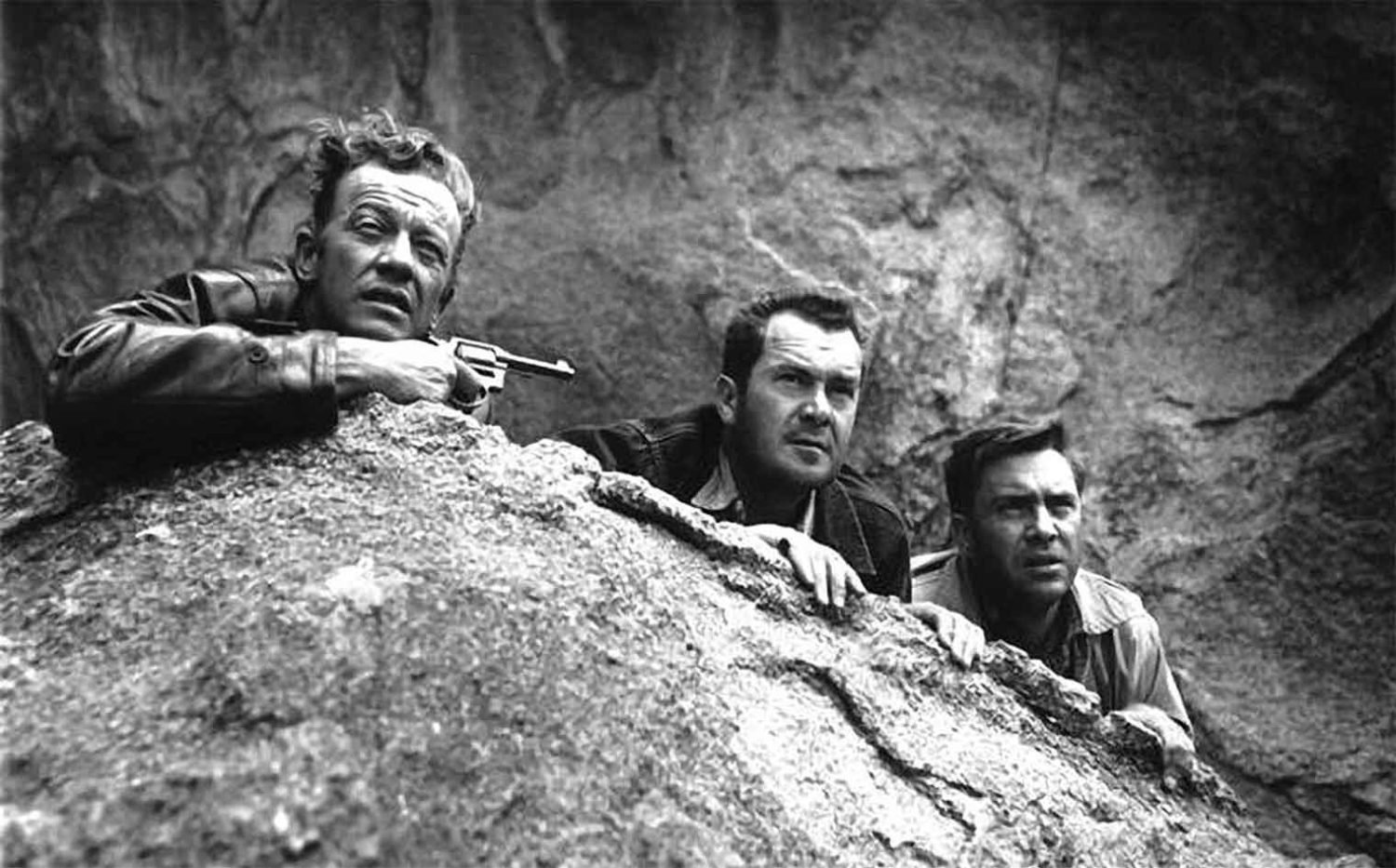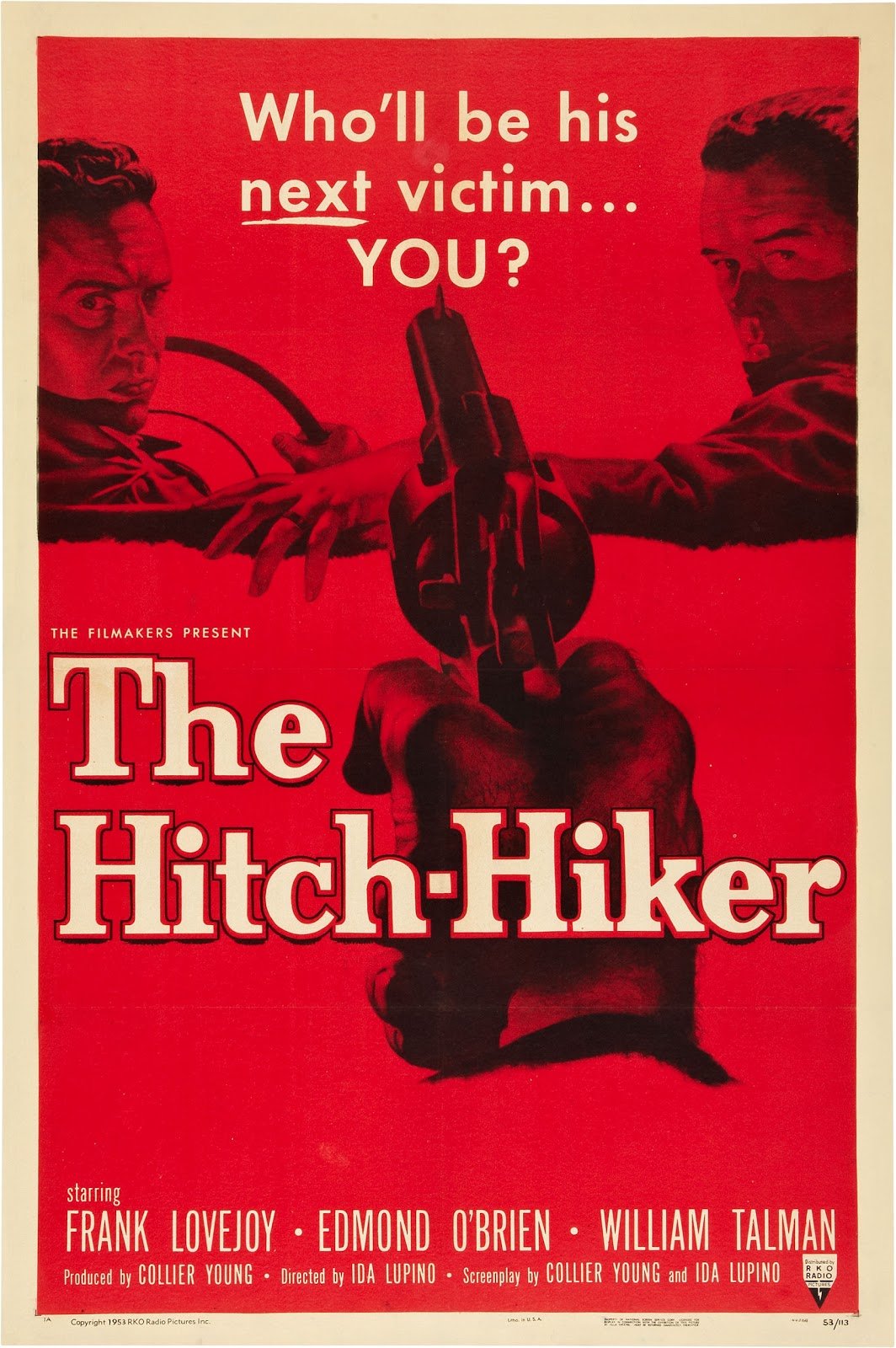EXPERIMENT PERILOUS (Jacques Tourneur, 1944)
(Directed by Jacques Tourneur from a script by William Duff adapted from Margaret Carpenter’s 1943 novel; starring Hedy Lamarr, George Brent, Paul Lukas, Albert Dekker, and Carl Esmond. Released 29 December 1944; watched 2023w36 via Criterion Channel)
Heretofore unknown evocative – especially the snow, both in NYC and on the fateful train journey there – and provocative (it was GASLIGHT at the same time as GASLIGHT and is, for me, the more interesting telling of a similar theme) offering from one of my favorite directors, Jacques Tourneur (CAT PEOPLE / OUT OF THE PAST). Excellent performances throughout, especially from the trinity of leads George Brent, Paul Lukas, and the luminous Hedy Lamarr (if anyone could be believable as someone everyone falls in love with, it's Lamarr); and, while PERILOUS isn't the seminal work that those films are (it's a little too saccharine for my taste in its tacked-on happy coda), it is, as with most of Tourneur's work, time well spent.
